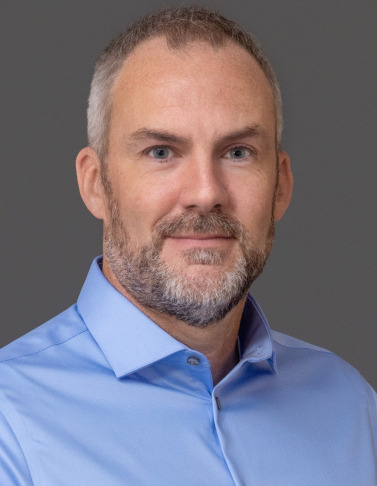As described in the Food Drug and Cosmetic Act (501(a)(2)(A)), a drug is deemed to be adulterated “if it has been prepared, packed, or held under insanitary conditions whereby it may have been contaminated with filth, or whereby it may have been rendered injurious to health.”
It is important to note that the drug does not actually have to be contaminated to be considered adulterated.
As part of the Drug Quality and Safety act, 503A traditional pharmacy practice and 503B outsourcing facilities, provided they met the required provisions were exempted from some of the cGMP requirements. However, they were not, and never were exempted from the requirements of 501(a)(2)(A) of the FD&C.
This has created some confusion and concern on a perception of FDA overreach in the inspection of facilities that produce sterile products but are not 503B registered facilities.
But what exactly are these conditions that may create an “insanitary condition” and result in an inspection, 483, and potentially a warning letter? In August 2016, FDA published a new guidance for industry review that clarifies FDA’s position on what constitutes an “insanitary condition”. When approved this guidance will be applicable to pharmacies, Federal facilities, physicians’ offices (excluding veterinarians’ offices) and outsourcing facilities that compound or repackage human or animal drugs (including radio-pharmaceuticals) or that mix, dilute or repackage biological products. The guidance is available here.
The guidance has the following sections:
1. Insanitary conditions applicable to the production of sterile and/or non-sterile drugs.
2. Insanitary conditions in a sterile operation.
- Aseptic Practices
- Equipment/ Facilities
- Sterilization
- Cleaning and disinfecting
3. Procedures the compounding facility could implement to aid in identifying potential insanitary conditions.
4. Recommendations the compounding facility should follow (implement) when an insanitary condition has been identified.
This is a draft guidance and comments should be provided within 60-days. If you are working in the compounding facility space you need to read, review, and provide comment.
For more information on cGMP application to the compounding facility space please contact Rick Van Doel.
